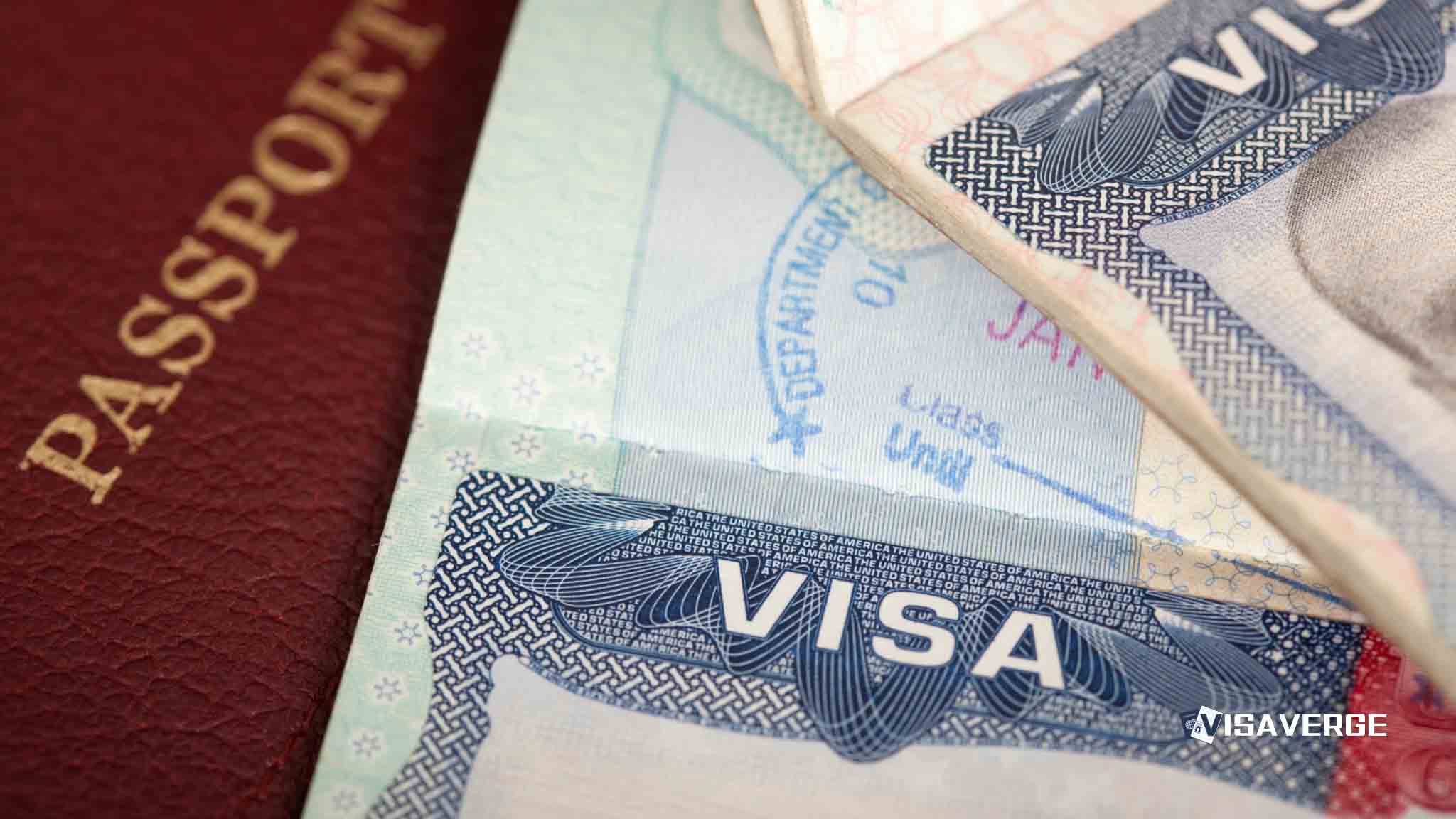The Arkansas National Guard is stepping up support for federal immigration enforcement operations, but has not been granted independent immigration enforcement authority. Instead, Arkansas troops are part of a nationwide effort led by the Department of Homeland Security (DHS) and coordinated with the Pentagon.
In May 2025, DHS asked governors and the Department of Defense for 20,000 National Guard members to assist with tasks tied to immigration enforcement. On June 7, 2025, President Trump ordered at least 2,000 Guard members to be federalized for up to 60 days, citing threats to federal personnel and facilities involved in enforcement.

Planned Duties and DHS Targets
According to DHS planning documents described by officials, duties for Guard units include night operations and rural interdiction, guard posts, riot control inside detention sites, transport of detainees, and translation and interview support.
DHS set broad targets for personnel allocation:
- 3,500 for fugitive location teams
- 2,500 for detention support
- 10,000 for transportation and logistical roles
DHS Assistant Secretary Tricia McLaughlin said the intent is to “arrest and deport criminal illegal aliens,” with a stated focus on public safety.
Key point: Arkansas troops will operate under federal direction and do not hold independent arrest powers for immigration enforcement.
Pentagon Coordination and Legal Questions
Pentagon leaders are working with state governors to identify which National Guard units can meet the DHS request. Army Secretary Dan Driscoll has emphasized two points:
- The Guard will not be tasked with unlawful missions.
- There are open legal questions about moving state forces across state lines for civil duties tied to immigration enforcement.
For now, Arkansas is expected to contribute personnel under federal command, though final tasking and numbers are still being set.
Arkansas’s Recent Guard Contributions and State Support
Arkansas officials have signaled steady support for border and interior enforcement efforts.
- Governor Sarah Huckabee Sanders previously sent Arkansas National Guard members to Texas border operations — about 80 in 2023 and 40 in early 2024 — and has said, “Arkansas will have [Trump’s] back.”
State leaders argue that closer cooperation with federal agencies will help remove “violent, criminal illegals” from communities.
Federal Deployment Process (How It Works)
Under federalization, Guard members fall under Pentagon control and support DHS and U.S. Immigration and Customs Enforcement (ICE). The process typically follows these steps:
- DHS submits a support request.
- The Pentagon coordinates with governors.
- Selected Guard units are activated under 10 U.S.C. 12406.
- Missions begin for a defined period (currently up to 60 days per the June order).
Possible assignments for Arkansas National Guard soldiers include:
- Protecting federal buildings
- Escorting detainees to hearings or flights
- Backing up ICE teams during large operations
Again: these roles do not grant independent immigration arrest powers to Arkansas troops.
Supporters’ and Critics’ Concerns
- Supporters argue DHS lacks manpower to move detainees, secure facilities, and stand up surge operations during high-tension periods.
- Civil rights groups worry about the use of military forces in civil contexts, potential overreach during crowd control, and a chilling effect on immigrant families who may fear routine contact with uniformed personnel.
State Law Changes: Defense Against Criminal Illegals Act (SB 426)
In March 2025, Arkansas enacted the Defense Against Criminal Illegals Act (Senate Bill 426). The law sharpens state cooperation with federal immigration enforcement in three main ways:
- Stricter penalties for unauthorized migrants convicted of violent felonies in Arkansas, including blocking early release or parole for affected offenders.
- Mandatory participation by state and local police agencies in ICE’s 287(g) program after completing required training.
- Expanded ban on sanctuary policies to all counties and unincorporated areas, with compliance tied to state funding.
Under 287(g), trained Arkansas state troopers and sheriff’s deputies may:
- Conduct status checks for people already in custody
- Serve ICE administrative warrants inside facilities
- Start paperwork to place detainees into federal removal proceedings
Officers remain bound by federal training standards and oversight. For official program details, consult ICE’s 287(g) page at https://www.ice.gov/identify-and-arrest/287g.
According to analysis by VisaVerge.com, this marks one of the most sweeping state-level pushes in Arkansas to formalize local-federal cooperation around immigration enforcement.
Lawmakers’ Rationale and Local Government Impact
Legislative sponsors Senator Bart Hester and Representative Frances Cavenaugh say SB 426 “cracks down on the most dangerous offenders” and “keeps Arkansans safe.” Local governments that pass policies seen as obstructing ICE risk losing state funds.
For law enforcement agencies, the law brings:
- New training requirements
- Added duties inside jails, including cooperation with ICE’s Warrant Service Officer Program and the Jail Enforcement Model
Immediate Community Effects
For immigrant communities, the practical effects are immediate and tangible:
- People arrested for violent offenses face stronger penalties and a direct pipeline from jail to federal custody.
- Routine encounters with police—especially when someone is already detained for a separate matter—can now include status questions by officers trained under 287(g).
Civil rights organizations warn this could raise profiling concerns and deepen mistrust between residents and police, including U.S. citizens in mixed-status families. Supporters counter that the law focuses on convicted violent offenders and aims to keep communities safe.
Ripple effects for families and employers include:
- Employers may see workers detained longer if moved from local to federal custody.
- School districts, clinics, and churches report rising anxiety and more requests for help with transportation, childcare, and legal counsel.
- Faith leaders report parents asking how to prepare guardianship papers if a caregiver is detained.
Guard Roles, Rules of Engagement, and Public Perception
State and federal officials emphasize Guard members will focus on support roles, not street-level arrests. Still, the presence of military uniforms around detention facilities or during mass transfers can be alarming.
- Army leaders say Guard rules of engagement stress de-escalation and lawful conduct.
- DHS says Guard personnel will protect federal property and help ensure officer safety, especially during protests or heightened threats.
Timelines and Operational Flow
Two parallel timelines help explain the machinery behind these changes:
Guard deployments:
– DHS requests support → Pentagon and governors identify units → Federalization orders issue → Missions begin
287(g) implementation:
– Arkansas Division of Correction and county sheriffs apply → ICE selects and trains officers → Approvals allow officers to serve administrative warrants and start removal processing for detainees already in state or local custody
What Happens Next
- Legal challenges are likely. The expanded use of the National Guard in domestic immigration support roles is unusual and may invite court tests on federal and state authority.
- Future federal orders could extend deployments or broaden duties, depending on conditions on the ground and continuing policy choices by the administration.
- Arkansas lawmakers are expected to revisit immigration legislation in 2025 and beyond, potentially tightening jail cooperation and funding penalties tied to compliance.
For official information or to report crimes:
- ICE national tip line: 1-866-DHS-2-ICE
- Arkansas Governor’s Office: 501-682-2345
- Arkansas National Guard: 501-212-5000
DHS headquarters can be reached through its public channels for federal policy updates.
Bottom line: The Arkansas National Guard is participating in a federal mission under DHS direction; Arkansas’s new law expands local-federal cooperation in jails and custody. The coming months will test how these parallel tracks—federal mobilization and state policy—play out across Arkansas communities.
This Article in a Nutshell
Arkansas Guard joins a federal DHS-led support mission after a May 2025 20,000-member request. Federalization on June 7 ordered 2,000 troops up to 60 days. Roles include detention support, transport, riot control and translation. State law SB 426 mandates 287(g) participation, expanding local-federal cooperation amid legal and civil-rights concerns.













